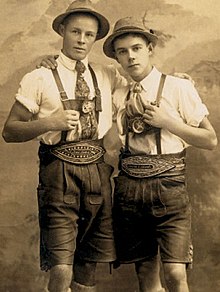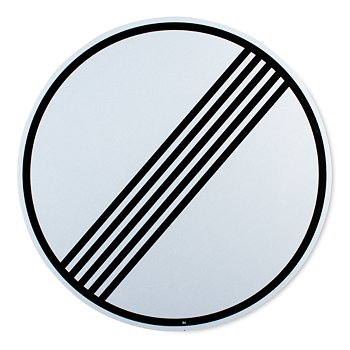Americans are way too sensitive
Sometimes
I wonder if political correctness is in our constitution. I find that I have to
bite my tongue pretty much all the time, and (more annoyingly) that nobody is ever
straight with me.
It
seems that speaking your mind to someone is a major taboo. You can’t
tell a friend straight when he has fucked up, nobody will ever tell you that
you look fat, and there’s way too much emphasism on avoiding the hard truth.
Everything is "awesome"!
I
really hate the word awesome. It used to mean "that which
inspires awe", but in the states it means nothing! It doesn’t even mean good
- it’s just a word – a filler, the likes of "um", "like" or
"y’know".
Too
many over-the-top positive adjectives like this get thrown around so much that
they really mean nothing.
And
when you ask someone "How are you?" the answer will inevitably be
"great!" or "fine" even if they are far from it. When
people use excessive positivity, it waters down the meaning and those words
become neutral.
Smiles mean NOTHING
When
I meet Americans abroad, one of their biggest complaints are along the lines of
"nobody smiles" "That waitress was so rude to me! She didn't
even smile!"
When
people smile in Europe it means something. For example, because Germans don’t
go around looking like an American toothpaste commercial when I was with them
and they smiled, it lit up the room – you know it’s genuine and you can’t help
but smile back, because you are genuinely happy. You’ve shared a joke, or a
funny story or you are in love etc.
False prices on everything
It’s
all one big marketing scam to make people feel like they are paying less. The
price you see on a menu is nothing compared to what you’ll actually pay.
Apart from tipping, you have to of course pay taxes.
Now
taxes are things that you simply have to pay on items you purchase – it’s how
governments work all around the world. So why hide it from us? It boggles my
mind that places refuse to include the tax in prices. The price they state is
pretty much useless. It’s just saying “this is how much we get from what
you pay, but you’ll actually pay more”.
Cheesy
in-your-face marketing
I
feel like scraping out my eyes with toothpicks when I’m forced to endure
advertising in America. Make it stop. Most
Americans aren’t even aware of it – it’s on all the time so much that it
becomes nothing more than background noise. And this means that advertisers
have to be even louder to get through to people.
BUT
WAIT THERE’S MORE!
I
have become used to watching American shows online with advertising removed or with
European advertising inserted.
Holy
shit.
Every
few minutes you get torn out of the show and bombarded with irrelevant spam,
and “awesome” images of people who practically experience orgasms as soon as
they buy product X, that is (of course) on special offer just right now. And if
it’s anything medical you get a super fast voice spur every kind of medical
complaint you can imagine that his product will create as a side-effect. But at
least the cheesy model is still happy, so it’s probably not so important.
Idiotic
American stereotypes of other countries
Many
of us have seen videos online of Americans messing up basic questions of
international geography. Point in case.
ID checks & stupid drinking laws
Seriously,
I promise I’m not 12. Please let me into the bar!
I’ve
even seen 60 year olds get ID’ed in the states. Nowhere else in the world do they ID me now
that I’m clearly in my 20's. I
find it incredible that our drinking age is 21, but we give 16 year olds licenses
to drive cars and you can buy a rifle at age 18. And yet, you can’t walk around
outside with an open drink in most states (but apparently putting it in a brown
bag while you drink it makes it OK).
Religious
Americans
Even
if I’m not religious myself, it’s up to everyone to decide what they believe
in. I find religious people in Europe to be normal – it’s a spiritual thing, or
something they tend to keep to themselves, and are very modern people with a
great balance of religion and modernism.
But
I can’t stand certain Christian affiliations of religious Americans. It’s Jesus
this and Jesus that all the bloody time. You really can’t have a normal
conversation with them. It’s in your face religion, and they replace hard
science with scripture in the classroom.
A
country designed for cars, not humans
One
of my biggest issues in the states is how terrible a place it is for
pedestrians. It’s the worst place in the entire world to live in if you don’t
own a car. And biking isn’t exactly accepted either.
Always
in a hurry
So
many things in America are rushed far too much my liking. There are obsessions
with get-rich-quick and lose-fat-quick schemes, pills that solve all your
problems after a single swallow, people cutting to the chase in casual
conversations far too quickly. People
don’t seem to have the patience to invest time to slowly improve things, unless
it involves some kind of monetary investment.







